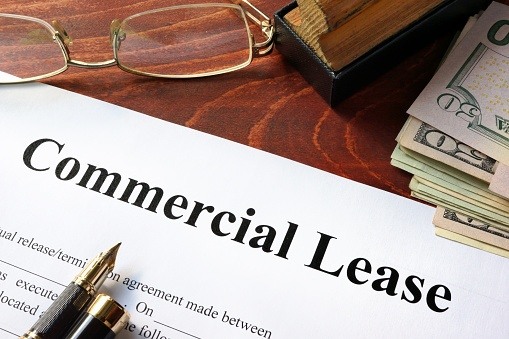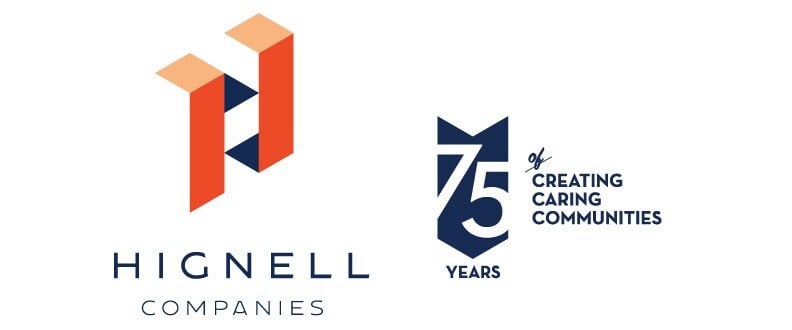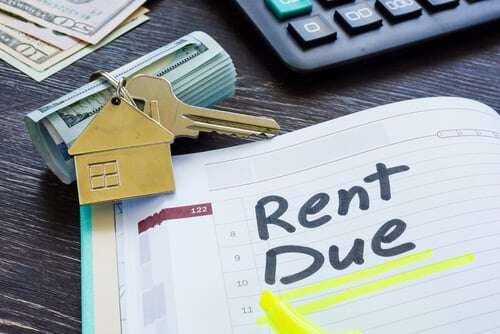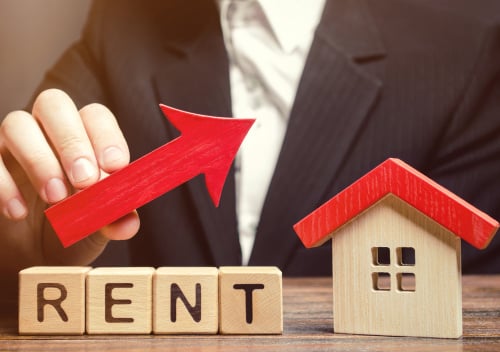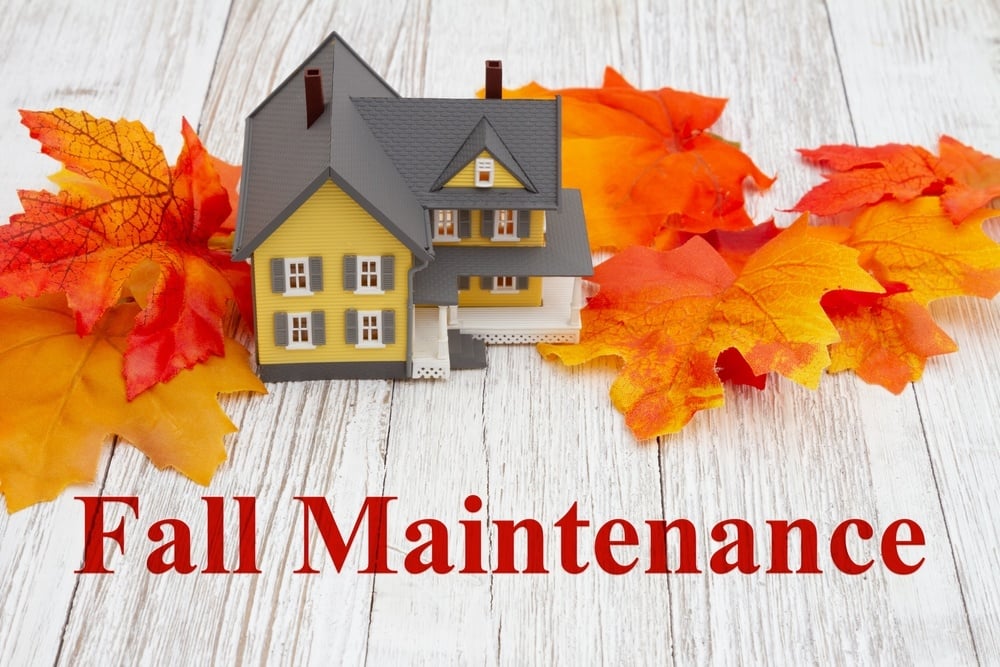 When investing, diversification is usually a good thing. Typically, this blog is about residential property management, but I wanted to take a second to deviate from the normal course of content and dabble a bit in commercial property. If you’re considering diversifying your investment into an office, storage, or retail space, one of the first things you’ll need to understand are the different types of leases.
When investing, diversification is usually a good thing. Typically, this blog is about residential property management, but I wanted to take a second to deviate from the normal course of content and dabble a bit in commercial property. If you’re considering diversifying your investment into an office, storage, or retail space, one of the first things you’ll need to understand are the different types of leases.
Typically commercial property management is only as good as the leases that are attached to it. The fact that a commercial building is large or was built with the finest materials doesn’t matter as much as who is renting the property and what are the terms of the lease. You can have the biggest, nicest retail building, but if the property is only half leased up and has stayed largely vacant for a year, that’s the primary thing an investor will look at to determine its value. A huge, beautiful warehouse isn’t really worth much if a large business isn’t willing to sign a long-term lease on it. As a matter of fact, it could be a massive liability to own a commercial property that is not leased.
On the flip side, you could have an older building built in 1968, but Safeway just signed a 20 year triple net lease on the property. This property’s value will have now shot up because that is a great tenant with a long-term favorable lease. So, when looking at purchasing or managing a commercial property you must understand the minutia of how the lease works.
There are a number of different types of leases in the world of commercial property. You don’t want to look like a commercial property newbie, so here are the basic types of leases that you’ll be hearing about and working with.
Triple Net Lease
This is a great lease to have as an owner. What a triple net lease (or NNN lease) means is that there are three things the tenant is responsible for in addition to their base rent. These three things are taxes, insurance, and maintenance. These leases can offer a very turn-key solution since there aren’t many responsibilities for you. You don’t have to worry about hiring a landscaper or janitorial service to keep up your property. That is all the tenant’s responsibility.
Double Net Lease
So, double net means the tenant is responsible for two things in addition to their rent. These two things are taxes and insurance. Unlike the triple net lease, you as an owner will be responsible for paying for the maintenance of the property.
Net Lease
These leases vary, but basically, they mean that the tenant pays some portion or all of taxes, insurance, or maintenance. See note below on the importance of reading through the entire lease.
Percentage Lease
This type of lease is directly tied to the revenue of a company. Typically, this would be used in a retail space in a mall. Part of the advantage of a percentage lease is that it accounts for inflation of goods and services with the rent. The thinking behind this would be that if you have a booming business that is selling a lot of items you will be generating more traffic to the mall thus adding to the wear and tear of the property and incurring more rent. The percentage lease generally has a threshold of sales you have to break before it kicks in.
Fully Serviced Lease (or Gross Lease)
This is basically the opposite of the NNN lease. In this lease you, as the owner, are responsible for paying the operating expenses on the property including maintenance, taxes, and insurance. Typically, these costs are “trickled down” to the tenant. Some government agencies like these types of rent because it puts all the responsibility on the property owner and allows that agency to just make one payment a month that includes everything associated with the property.
In these leases when you save money on landscaping those savings go right to you. With these it pays to get the best prices on maintenance professionals because the more you save, the more profitable the property becomes. Obviously, you don’t want to save so much that the property isn’t well maintained, but it definitely pays to get multiple bids on maintenance and check those every so often to make sure you have the most competitive rates.
Important Note: Sometimes a broker or seller will say a lease is a triple net or full-service lease or net lease when in fact that is not exactly what it is. It’s common that leases are customized to the property and tenant. There can be so many minor variations of leases that you MUST read through the entire lease before you decide to purchase. This is the only way to truly understand what all the terms of the tenancy is. Yes, reading through leases can be a dry and laborious process, akin to eating cereal with no milk, however it’s vitally important for you to understand all the details of the leases you’re considering purchasing. You cannot be a serious investor in commercial property and not fully understand the details of commercial property management and leasing.
What are your thoughts? Please leave your comments in the section below!
